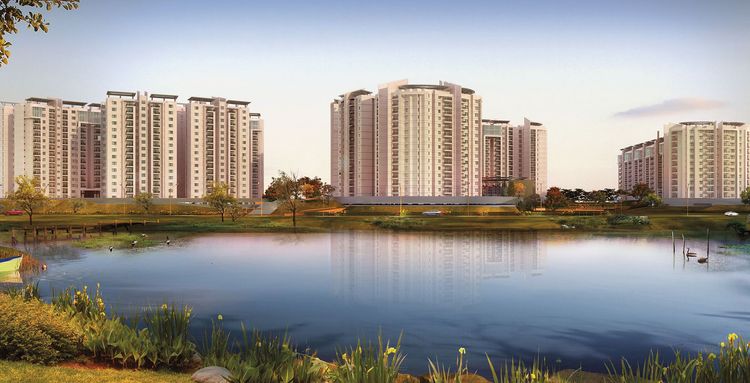The notion of proprietorship of housing in India can be traced back to ancient times, encouraging the exchange of property titles for the benefit of future generations. However, in contemporary times, there is a debate on whether this exchange truly conveys property rights or if it's merely an exchange of thin air.
Understanding the Concept
To illustrate this concept, consider the example of a developer, A, who sells a flat to Mr. B. The sale deed specifies key details, including the names of the transferor and transferee, the location, and flat description. Importantly, it should mention the Undivided Share (UDS) of the property, which is crucial for understanding the extent of ownership.
Calculating Undivided Share (UDS)
UDS is calculated by dividing the apartment's super built-up area by the sum of all apartments' built-up areas, multiplied by the total land area. In the example, it's essential that the Sale Deed mentions the UDS, which in this case is 514 sq. ft., to ensure buyers acquire a tangible asset for future generations.
Builder's Rights and UDS
The builder's rights over terraces and the addition of floors play a significant role in determining UDS. If the builder reserves the right to add more floors, it can increase the number of stakeholders, potentially diluting the UDS.
Parking Space and Ownership Rights
Flat buyers often have distinct parking spaces, which can be part of the apartment property ownership rights or a separate entity in their Sale Deed. It's crucial to clarify whether ownership rights are transferred to flat buyers or provided as a service with associated charges in their monthly maintenance.
Legal Framework and Challenges
The legal framework governing real estate transactions primarily relies on the Transfer of Property Act, 1882, among others. However, these laws did not anticipate modern-day transactions involving flat purchases instead of land acquisitions.
Ownership and Compensation in Unforeseen Circumstances
In the unfortunate event of government land acquisition or a natural disaster such as an earthquake, the question arises: who has the right to claim compensation or damages? If you have no share in the land, it may seem like you own nothing more than thin air.
Conclusion
In the complex world of property transactions in India, understanding the concept of proprietorship, calculating UDS, and considering various legal and ownership aspects is crucial for both buyers and developers.
Authored by: Anirudh Suresh, Advocate






